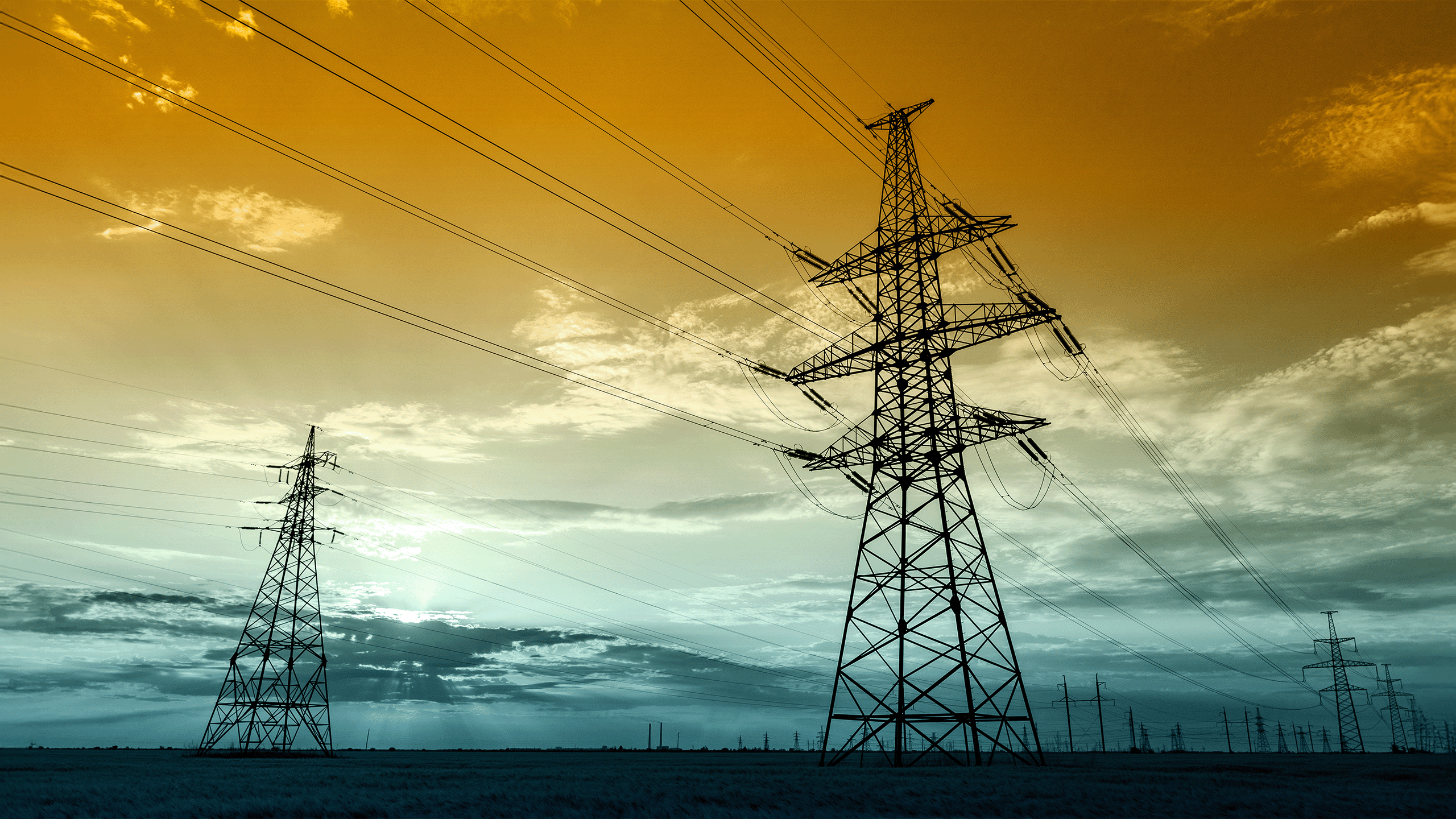Understanding Energy Security: Key Strategies for a Resilient Future
Energy security is the foundation of modern life, ensuring that the energy needed to power economies, sustain daily activities, and maintain national security is available, reliable, and affordable.
In a world where energy demand is rising, geopolitical tensions are heightening, and climate change is accelerating, energy security has become a critical concern for governments, businesses, and individuals alike.
This article explores the key factors influencing energy security, examines strategies for enhancing it, and provides a global perspective on how different regions are addressing this challenge
Key Factors Influencing Energy Security
Understanding the factors that influence energy security is crucial for developing effective strategies to ensure a stable and resilient energy supply. The following sections explore these factors in greater detail, highlighting their importance and implications for energy security.
Energy Sources and Supply
Energy security is deeply tied to the diversity and reliability of energy sources. Traditionally, fossil fuels like coal, oil, and natural gas have dominated the global energy mix. These resources have provided the backbone for industrialization and economic growth but have also introduced significant vulnerabilities.
For instance, natural gas is a critical energy source for many countries, but reliance on imports from geopolitically unstable regions, such as Russia, has exposed Europe to supply disruptions and supply security issues. The recent conflict in Ukraine has highlighted how geopolitical tensions can threaten energy security, causing spikes in energy prices and forcing nations to reconsider their energy strategies.
To mitigate these risks, there has been a growing shift towards renewable energy sources such as wind, solar, and hydropower. These sources are abundant, sustainable, and less vulnerable to geopolitical risks.
However, the variability of renewable energy — solar power is only available when the sun shines, and wind power depends on wind conditions — poses challenges to maintaining a stable energy supply.
Nuclear power, which offers a low-carbon, reliable energy source, is another critical component of a diverse energy mix, although it comes with its own set of challenges, including high costs and public concerns about safety.
Climate Change and Energy Transition
The global push to address climate change has accelerated the transition from fossil fuels to clean energy sources. This energy transition is crucial for reducing greenhouse gas emissions and achieving net-zero goals, but it also presents significant challenges for energy security. As countries phase out coal and oil in favor of renewable energy, they must ensure that their energy systems remain resilient and capable of meeting demand.
Decarbonization, the process of reducing carbon dioxide emissions, is a key strategy in this transition. However, it requires significant investments in renewable energy infrastructure, energy storage, energy supply chains, and grid modernization. Countries that fail to invest in these areas risk facing energy shortages, higher costs, and increased vulnerability to supply disruptions.
Energy Infrastructure and Technology
A resilient energy infrastructure is essential for maintaining energy security in the face of various threats, including cyberattacks, extreme weather events, and aging infrastructure. Modern energy systems are increasingly dependent on digital technologies, making them vulnerable to cyber threats. Cyberattacks on energy infrastructure can disrupt power systems, cause economic losses, and even threaten national security.
Additionally, extreme weather events, which are becoming more frequent and severe due to climate change, can damage energy infrastructure, leading to supply disruptions. To address these challenges, countries must invest in modernizing their energy infrastructure, including the development of smart grids that can better manage energy supply and demand and energy storage systems that can store excess energy for use during periods of high demand or low production.
Energy Demand and Consumption
Global energy demand is rising, driven by population growth, economic development, and technological advancements. Managing this growing demand while ensuring energy security is a significant challenge. Energy efficiency — using less energy to perform the same tasks — plays a critical role in managing demand. By improving energy savings, countries can reduce their overall energy consumption, lower emissions, and lessen the strain on their energy infrastructure.
Global events, such as pandemics or energy crises, can exacerbate energy demand issues. For example, the COVID-19 pandemic led to a temporary drop in energy demand as economic activity slowed. However, as economies began to recover, demand surged, leading to supply constraints and price increases. To manage these fluctuations, countries need to adopt flexible energy policies that can respond to changes in demand and supply.
Strategies for Enhancing Energy Security
Implementing comprehensive strategies that address the various challenges facing energy systems today is essential to safeguarding energy security effectively. The following sections explore these strategies in detail and outline how they can strengthen energy security on a global scale.
Diversification of Energy Sources
A diverse energy mix is crucial for enhancing energy security. By relying on a variety of energy sources — fossil fuels, renewables, nuclear power — countries can reduce their vulnerability to supply disruptions and price fluctuations. Diversification also supports sustainability by incorporating more renewable energy sources into the energy mix, reducing dependence on fossil fuels.
To achieve a balanced energy portfolio, countries should invest in sustainable energy solutions, such as wind, solar, and hydroelectric power, while also maintaining a certain level of fossil fuel use to ensure reliability. Nuclear power, despite its challenges, can provide a stable and low-carbon energy source, further contributing to energy diversification.
Building Resilient Energy Infrastructure
Resilient energy infrastructure is the backbone of energy security. Upgrading and protecting this infrastructure is essential to withstand its various threats, from cyberattacks to extreme weather events. Enhancing energy storage and smart grid technologies are key strategies in this area.
Energy storage systems, such as batteries and pumped hydro storage, allow excess energy generated during periods of low demand to be stored and used during periods of high demand. Smart grids, on the other hand, use digital technology to optimize the distribution of electricity, improving the efficiency and reliability of energy supply.
Policy and International Collaboration
Effective energy policy and international collaboration are critical for strengthening energy security. National energy policies should promote energy security by encouraging the development of diverse energy sources, enhancing energy efficiency, and supporting infrastructure investments. Incentives and regulations can play a significant role in achieving these goals.
International partnerships, such as those led by the International Energy Agency (IEA) and regional collaborations in European energy markets, are essential for addressing global energy challenges. These collaborations can facilitate the sharing of best practices, the development of joint initiatives, and the coordination of responses to energy crises.
Promoting Innovation and Advancements
Innovation and technological advancements are key drivers of energy security. By adopting new technologies, countries can enhance energy efficiency, reduce emissions, and increase the sustainability of their energy systems. Recent advancements in energy technologies, such as advanced nuclear reactors, hydrogen fuel cells, and carbon capture and storage, offer promising solutions for the future.
Encouraging research and development in energy efficiency and sustainability is crucial for driving these innovations. Governments, businesses, and research institutions must work together to support the development and deployment of new energy technologies.
Case Studies and Global Perspectives
Energy security is a global concern, with different regions facing unique challenges and adopting various strategies to address them. The following case studies offer a deeper understanding of global energy security.
Europe’s Energy Security Challenges and Solutions
Europe faces significant energy security challenges, particularly due to its reliance on natural gas imports from Russia. The conflict in Ukraine has further exacerbated these challenges, leading to supply disruptions and rising energy prices. In response, Europe has been diversifying its energy imports and exports, investing in renewable energy, and enhancing its energy infrastructure.
One key strategy Europe has adopted is increasing its use of liquefied natural gas (LNG) from other regions, such as the United States and Qatar, to reduce its dependence on Russian gas. Europe is also investing heavily in renewable energy, particularly offshore wind, to increase its domestic energy production and reduce its reliance on imports.
Asia’s Energy Security Landscape
Asia, home to some of the world’s largest and fastest-growing economies, faces unique energy security challenges. China and India, in particular, are key players in the global energy landscape, and their energy policies have significant implications for global energy security.
China is undergoing a major energy transition, shifting from coal to cleaner energy sources such as natural gas, renewables, and nuclear power. This transition is driven by the need to reduce air pollution, achieve carbon neutrality, and enhance energy security. However, China still faces challenges in managing its energy demand and ensuring a stable energy supply.
India, on the other hand, is focused on expanding its renewable energy capacity to meet its growing energy needs. The country has set ambitious targets for solar and wind energy, aiming to increase the share of renewables in its energy mix. However, India’s energy security is still challenged by its reliance on imported oil and coal, as well as its need for significant infrastructure investments.
The Role of the International Energy Agency (IEA)
The International Energy Agency (IEA) promotes energy security, economic growth, and environmental sustainability through various initiatives and collaborations with member countries and other international organizations.
One of the IEA’s key initiatives is the development of energy security strategies that address the challenges of supply disruptions, energy transitions, and the integration of renewable energy. The IEA also provides policy recommendations and technical assistance to countries to help them enhance their energy security.
The Path to a Resilient and Sustainable Energy Future
Energy security in the 21st century requires a delicate balance between reliability, affordability, and sustainability. The strategies discussed in this article — diversifying energy sources, building resilient infrastructure, promoting innovation, and fostering international collaboration — are crucial for ensuring a stable and sustainable energy future. As we face growing energy demands, accelerating climate change, and increasing geopolitical tensions, implementing these strategies has never been more critical.
Achieving true energy security is a shared responsibility that extends beyond policymakers and industry leaders to individuals. By working together to implement long-term planning and sustainable development practices, we can create an energy system capable of withstanding future challenges while remaining accessible to all. This collaborative effort will not only keep the lights on but also pave the way for a more resilient, affordable, and environmentally responsible energy landscape for generations to come.
Ready to take control of your energy future? Enroll with Payless Power today and start securing reliable, affordable energy for your home.
What our customers are saying
See why our power customers say we're the best electricity provider in Texas!
I was worried about getting electricity for my home through a prepaid company. I was calling around to see different rates then going through all the hassle of credit checks while dropping points each…
I have been with this company for several years and have been very happy since. Even when I moved, they made my usually stressful situation very easy and carefree. I recommend them to everyone that I…
I have enjoyed the service for 2 years now. In the beginning this service was planned to be temporary but with the service being so effective for me i decided to keep it for the long haul. I’m a happy customer.











